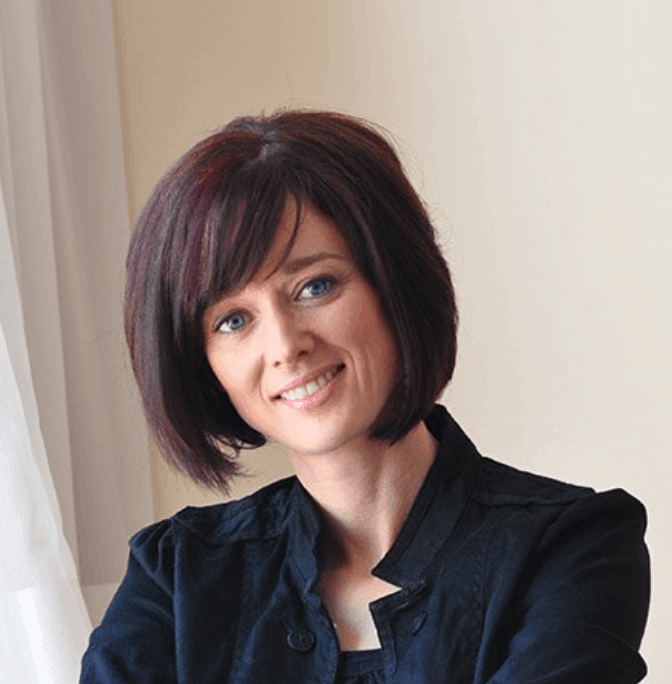
Alhaji Koker, a chief district imam in Sierra Leone, has been visiting churches lately. He’s neither interested in converting Christians nor in conversion himself. Instead, Koker is carrying posters and brochures to educate Christian congregations about preventing Ebola.
At the same time in a nearby district, Reverend Peter Kainwo, a pastor at Mission for Salone, has been visiting mosques during Friday prayers with the same purpose. Faced with the threat of Ebola, Sierra Leone’s Christians and Muslims have decided to fight it arm in arm.
The effort has been incredibly effective, both in halting Ebola’s spread and in building goodwill between Christian and Muslim communities in West Africa. And it stands in stark contrast to much of what we hear about relations between Christians and Muslims, with murder, genocide and assassination getting front-page treatment.
Beyond the Headlines
Despite the headlines, there has been a quiet, decades-long effort of partnership and cooperation between Muslims, Christians and others, extending from Dakar to Jakarta.
People of different faiths are working together on common concerns, building bridges of peace and understanding, and reducing violence while solving problems shared by all humanity. World Vision, a humanitarian organization following Christ’s example of caring for the poor, works in dozens of Muslim, Hindu, or Buddhist majority countries. We don’t compromise our own beliefs and values, nor do we require other faith traditions to alter theirs. Instead, we build on what we share—a commitment to save lives and promote peace, believing we have a divine duty to do so.
United around these foundational principles, together we take on evils like malaria, HIV and AIDS, child trafficking, violence during elections and more. In the process, we’ve helped save hundreds of thousands—perhaps millions—of lives.
The interfaith cooperation in response to Ebola builds on previous efforts. In Mali, for example, Islamic scholars quickly moved to approve a version of a Christian curriculum educating people about Ebola to be used in mosques. Such a speedy response is only possible because of ongoing partnerships through Mali’s interfaith network of Muslim and Christian leaders. This same network was also integral to the country’s peace process following the 2012 coup d’état.
Powerful Medicine
Religion appeals to our deepest beliefs and emotions, and that can make it a powerful medicine to heal societal fractures. Leading up to the 2012 elections in Ghana, Christians and Muslims worked together to reduce tensions and the prospect of violence—too frequent at such critical periods.
Several communities showed the film, The Imam and the Pastor, about the leaders of Muslim and Christian militias in Nigeria who renounced violence and now campaign together for peace. The film drew such a response that it was shown several times on national television, reaching millions of viewers. It is credited for significantly reducing election-related violence. A similar effort is now underway in Tanzania.
Every day, faith inspires people to respond to the needs of the most vulnerable people in our world—people who are threatened by disease, poverty, oppression, hatred and violence. It is at the heart of faith to care for the weakest people in our society. While holding on to our different beliefs about theology, we can still find common ground in what our sacred texts say about caring for the poor.
Overcoming Common Problems
Notice the similarities in what the Quran and the Bible say about caring for the poor: “Have you seen him who denies the religion? He is the one who harshly rebuffs the orphan and does not urge the feeding of the poor. So woe to those who do prayer, and are forgetful of their prayer, those who show off and deny help to others.” (Surat al-Ma’un: 1-7). In the New Testament book of James, the definition of true religion is “to look after orphans and widows in their distress and to keep oneself from being polluted by the world” (James 1:27).
We can hold deep and fundamental differences with people of other faiths, yet share mutual concerns, work together and overcome common problems.
That isn’t a magic formula for world peace, but it is a first step. It is harder to hate someone when you’ve worked alongside each other. It is harder to condemn a group of people when you need them as partners. Especially now, when religion is used as an excuse for violence, we need to hear these stories of partnership showing us how faith can bring us together to save lives and promote peace.






















